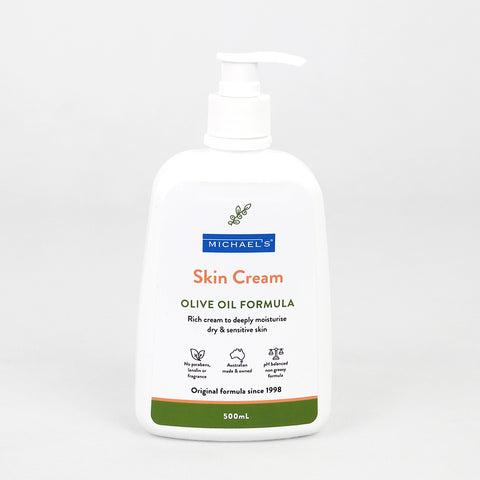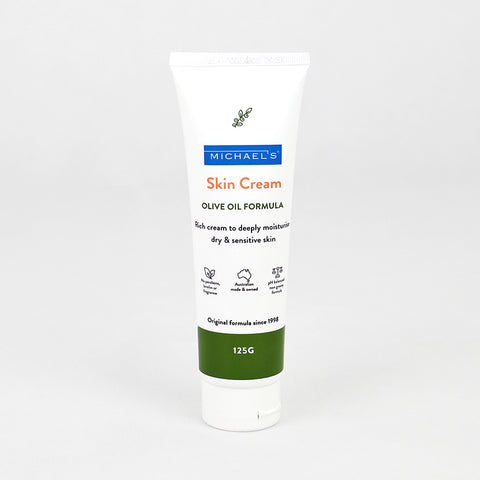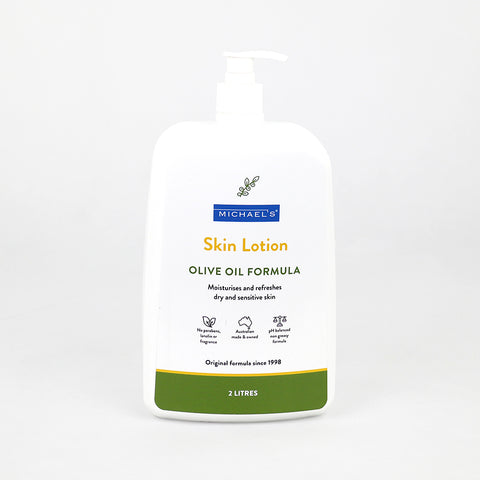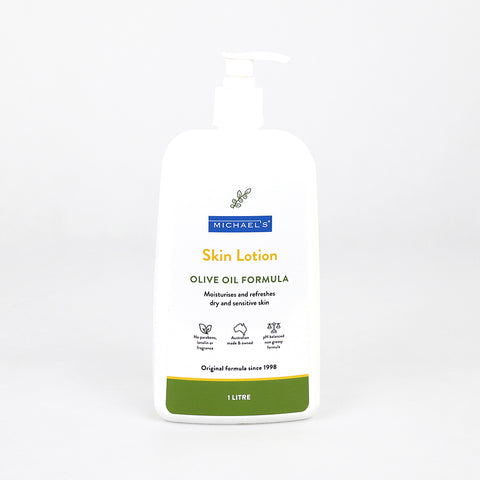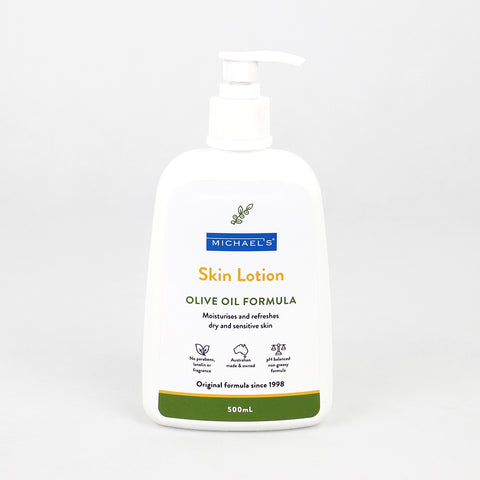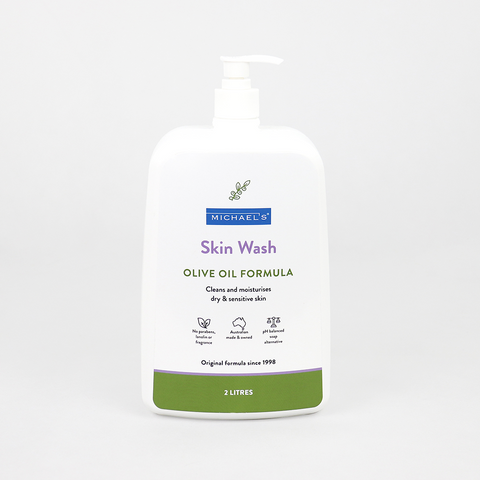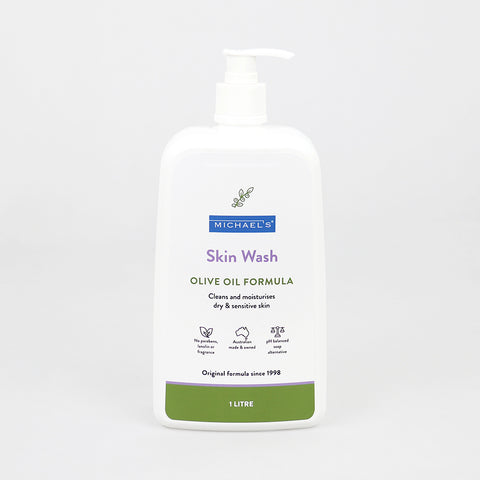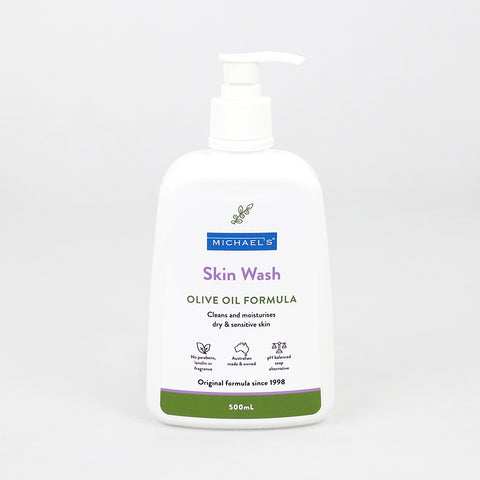
1. What is sensitive skin?
When diagnosing sensitive skin dermatologists look for the following symptoms:
- Skin Reactions, including bumps, erosion and pustules.
- Dry skin which doesn’t protect the skin’s nerve endings effectively.
- A tendency toward blushing and skin flushing.
Overall, sensitive skin can be identified by issues concerning the skin’s response to certain skin care and household products. If you experience any redness, itchiness, burning or tightness after contact with products you may have sensitive skin. Furthermore, some people with sensitive skin see no visible sign of irritation but only have an uncomfortable feeling in their skin.
2. What causes sensitive skin?
The main causes of sensitive skin are:
- Skin Disorders: Disorders such as eczema and rosacea leave the skin vulnerable to harsh skincare products.
- Allergic Reactions: Allergic contact dermatitis occurs when the skin comes into contact with a substance which it is allergic to. This can lead to a reaction causing redness, stinging and burning in the skin.
- Dry and Injured Skin: Skin which is either dry or injured lacks the ability to protect the nerve endings in the skin, leaving these endings sensitive to contact from skin care products.
- Excessive Sun Exposure: The UV Rays of the sun are highly damaging to the skin and can leave the skin weakened and vulnerable.
3. What are some tips for sensitive skin?
Ultimately, those with sensitive skin need to create and follow a skin care routine which works for them. Only use products that are gentle on the skin and avoid anything which could cause a reaction. Also, emphasis should be placed on moisturising the skin. Keeping the skin hydrated will help the skin protect itself from the harm of irritants. Furthermore, it is essential to practice extensive sun protection, including the use of sunscreens, headwear, glasses and clothing to avoid prolonged sun exposure.
4. What should I look for in skin care products if I have sensitive skin?
One of the biggest problem causing ingredients in skin care is fragrance. Fragrance is often made up of harsh chemicals to give skin care products a sweet or delightful smell. However, a lot of these chemicals are known to cause skin reactions. If you have sensitive skin, opt for a fragrance free skin care alternative.
5. How do I test a new skin care product for a sensitive skin reaction?
If you wish to start using a new skin care product trial it on one small area of the skin over several days. Apply a small amount of the product behind your ear and leave it there overnight. Repeat this process and if no irritation occurs you can then trial it on a small section of your face (eg. alongside an eye). If no irritation occurs after another few days then the product should be safe to apply to any area of your face.

